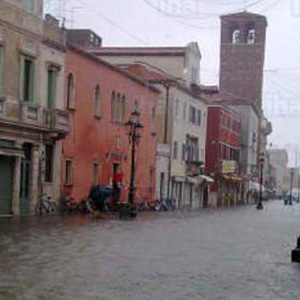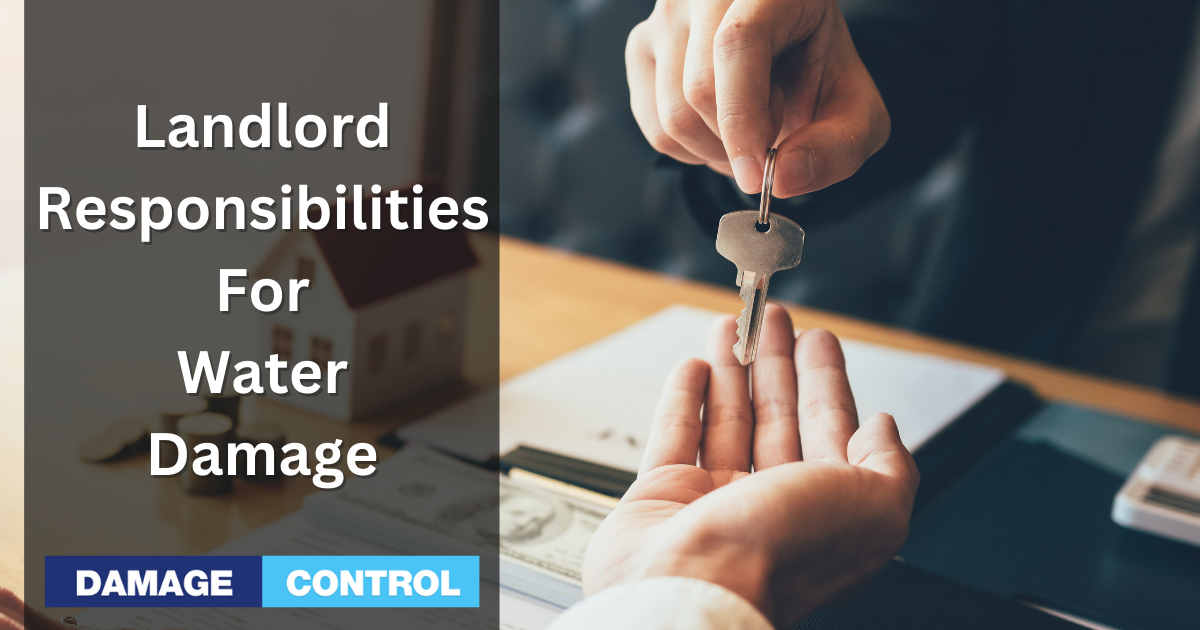The home market has gone through quite a rough time. Some speculate that it will happen again. Renting has become more and more of a benefit for some people. Whether renting a home or an apartment, it’s sometimes easier not to worry about most things.
Many rented homes or apartments come with the landlord caring for most problems or utilities. Of course, there will be accidents, but knowing where the line is isn't easy.
Rented domiciles come with lengthy contracts. These contracts list all the things that you’re going to be agreeing to. You must abide by certain laws and other things, or you could face eviction. It’s difficult to know what you’re liable for and what you aren’t.
Reading the contract is your best bet, but there are some things you need to be aware of. Damage and other certain accidents can be pinned on you, but what things are a landlord liable for?
Some things protect a tenant from being taken advantage of. You may be unsure about water damage in your rented home or apartment. Fortunately, the laws are clear: the landlord must provide a proper, habitable home if the tenant gives rent.
Certain things can happen to make it uninhabitable, therefore destroying the contract.
Is My Landlord Responsible for Water Damage?
This is the main question that some may be looking for answers to. Water damage is common in homes, usually concerning the pipes and plumbing. There can also be roof leaks and leaks in and around windows, which the landlord is responsible for.
As said above, the most basic form of the law is simple. The landlord makes a safe, habitable area, and the tenant pays the rent.
When pipes leak, or there is water damage, the area is unhealthy and uninhabitable. Of course, the tenant must do what they can to prevent further water damage. That means that an immediate alert is needed. It also means removing any personal possessions that could be damaged to avoid extensive damage. There are plenty of things to look for when looking for water damage.
If the tenant does not do these things, it’s possible the landlord can avoid the charges of replacing your possessions if they were damaged. There are a lot of different lines if the tenant does not do their part, so it’s wise to call someone immediately whenever something like this occurs. It’s also a good idea to know everything about your lease. This will give you all the information you need for water damage.
 Who is Liable for Water Damage from the Apartment Above?
Who is Liable for Water Damage from the Apartment Above?
If you have neighbors on the side or above you, it’s possible they can cause water damage. Accidents can happen, whether leaving a faucet on or a washing machine breaks. When the water damage gets to your ceiling or along your walls, you have a few options. You need to prove that your neighbor caused it, but they will be held accountable for what happened.
You should remember that it may not be their fault at all. They may be in the same situation, so never jump the gun if you’re unsure. It’s wise to call the landlord or whoever owns the complex or home before throwing accusations.
Keep a cool head, and you’ll be able to solve any problem that might come your way.
Renter’s Insurance
Insurance can be a lifesaver. While not required by most landlords, it can be very good. Insurance is harder to understand than a lease, but it’s a good idea.
Landlords may avoid any charge because of a tenant’s negligence. Accidents can always happen, but the landlord can get out of charges or payment if he or she can prove this negligence.
Conclusion
Water damage is an unfortunate situation for anyone to be in. It can cause stress, especially if you’re a home or apartment renter. The lease will lay out all the necessary information, but reviewing a few real estate laws is a good idea. A lease is a contract, after all. If the contract isn’t followed, a tenant can use this against the landlord to avoid charges.
A tenant must take responsibility for diligence, though. Alerting a landlord immediately is necessary to get it fixed. Letting it sit will cause more damage, and the tenant could be liable. Mold is a big possibility, after all. Insurance comes into play in this situation, which will be covered by the company you buy insurance from. It depends on your insurance policies, but you should always keep up to date with state laws on the subject.

